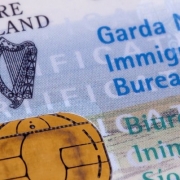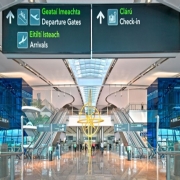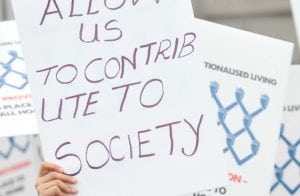HIGH COURT DECISION ON REFUSAL OF EMPLOYMENT PERMIT FOR TRAINEE ACCOUNTANT
On 25th March 2020, Mr Justice Heslin delivered his judgment in Julia Olivera Rodriguez v The Minister for Business, Enterprise and Innovation.
This case concerned a Venezuelan national with a BSc. Degree in Public Accounting from Venezuela and a Certificate in Business Accounting which she obtained in Ireland through the Chartered Institute of Management Accountants in May 2018.
Ms Rodriguez’s application for an Employment Permit for the role of Trainee Accountant was refused by the Minister for Business, Enterprise and Innovation on the basis that the position of Trainee Accountant does not fall within the list of eligible categories of employment, as set out in the Employment Permits Regulations, 2017.
Ms Rodriguez challenged this decision in the High Court, arguing that the Minister had been incorrect in this finding and that the role of ‘Accountant’ should be interpreted to include those training for the position, as is the case in the UK.
Mr Justice Heslin in his decision stated:
“I am entirely satisfied that the 2017 Regulations cannot be interpreted in the manner in which the applicant contends. Doing so would involve this Court importing into the 2017 Regulations words which are simply not there and also ignoring the plain meaning of words which incontrovertibly appear in the 2017 Regulations.”
Mr Justice Heslin stated that the regulations very clearly set out employments of which there is a shortage and which are required for the proper functioning of the economy, including Accountants and Tax Consultants with particular specialisms and specified experience:
“Schedule 3 of the 2017 Regulations very clearly sets out those employments in respect of which there is a shortage in relation to “qualifications, experience or skills” required for the proper functioning of the economy and these include “Chartered and Certified Accountants” with particular specialisms, “Qualified Accountants” with particular experience and “Tax Consultants” with specified experience. As a matter of fact, the applicant falls into none of the categories specified in Schedule 3. For this Court to hold that she does, would be to do violence to the specific words used in Schedule 3 and would amount to this Court deciding, impermissibly, that someone who is unqualified comes within a category which explicitly addresses shortages in “qualifications”. This Court has no power to ignore the clear wording in Schedule 3 of the 2017 Regulations and to hold that shortages in the qualifications set out in Schedule 3 are met by unqualified persons.”
The court found that Ms Rodriguez does not fall within any of these categories and the decision to refuse her application for an Employment Permit was upheld.
The full text of the judgment can be found here.
If you would like more information on the application process for Employment Permits in Ireland, please do not hesitate to contact our office.




